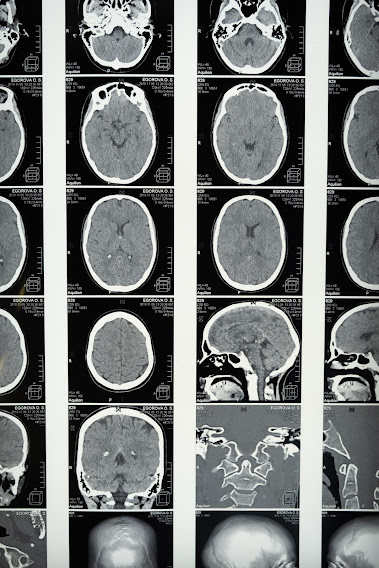AIDS, also known as Acquired Immune Deficiency Syndrome, is a chronic and sometimes fatal disease caused by the human immunodeficiency virus (HIV). HIV affects and weakens the immune system, making people vulnerable to diseases and illnesses that their bodies should be able to resist.
The virus is spread mostly through unprotected sexual contact, the sharing of infected needles, and transmission from mother to child during pregnancy, delivery, or nursing. While there is no cure for AIDS, drugs are available to help manage the virus and its symptoms, allowing HIV patients to live longer, healthier lives.
However, HIV/AIDS remains a major public health problem globally. According to the World Health Organisation, over 38 million people were living with HIV by the end of 2019, and an estimated 690,000 individuals died from AIDS-related diseases that same year. HIV disproportionately affects marginalised and vulnerable communities, such as men who have sex with men, sex workers, people who inject drugs, and transgender persons.
Prevention and education are critical in the battle against HIV/AIDS. The use of condoms during sexual activity, the avoidance of needle sharing, and frequent HIV testing are all effective HIV prevention methods. Furthermore, early diagnosis and access to antiretroviral medication can greatly improve the prognosis for HIV patients.
Effective preventive and treatment initiatives continue to face significant obstacles from stigma and discrimination towards those who are HIV/AIDS positive. In the worldwide effort to stop the pandemic, it is crucial to address these concerns and encourage more knowledge and understanding of HIV/AIDS. Together, we can make sure that everyone living with HIV receives the dignity, care, and support they need.




Comments
Post a Comment